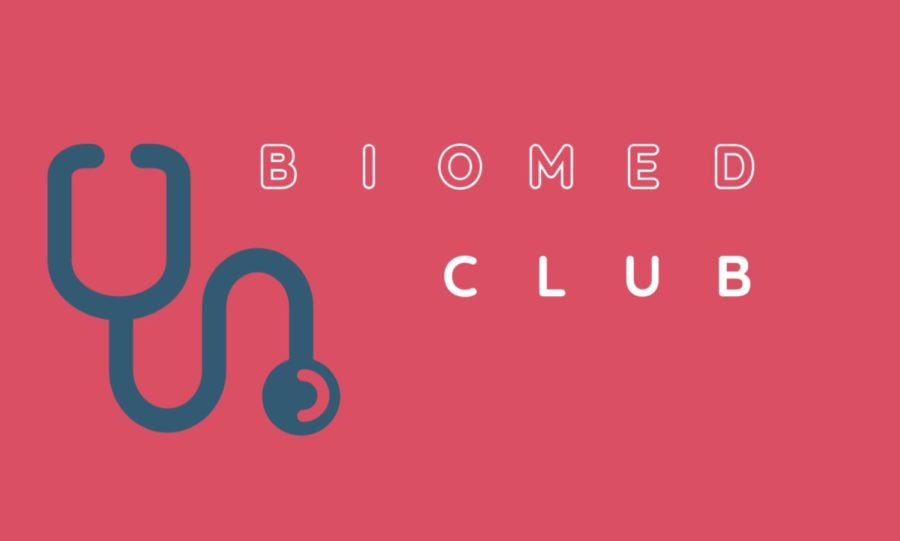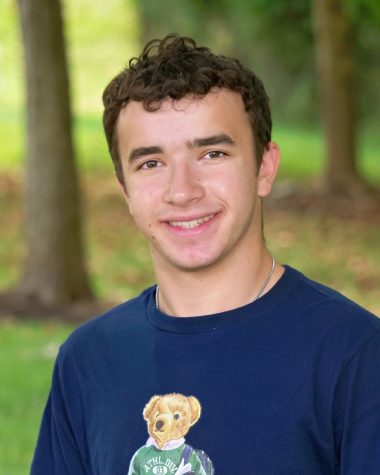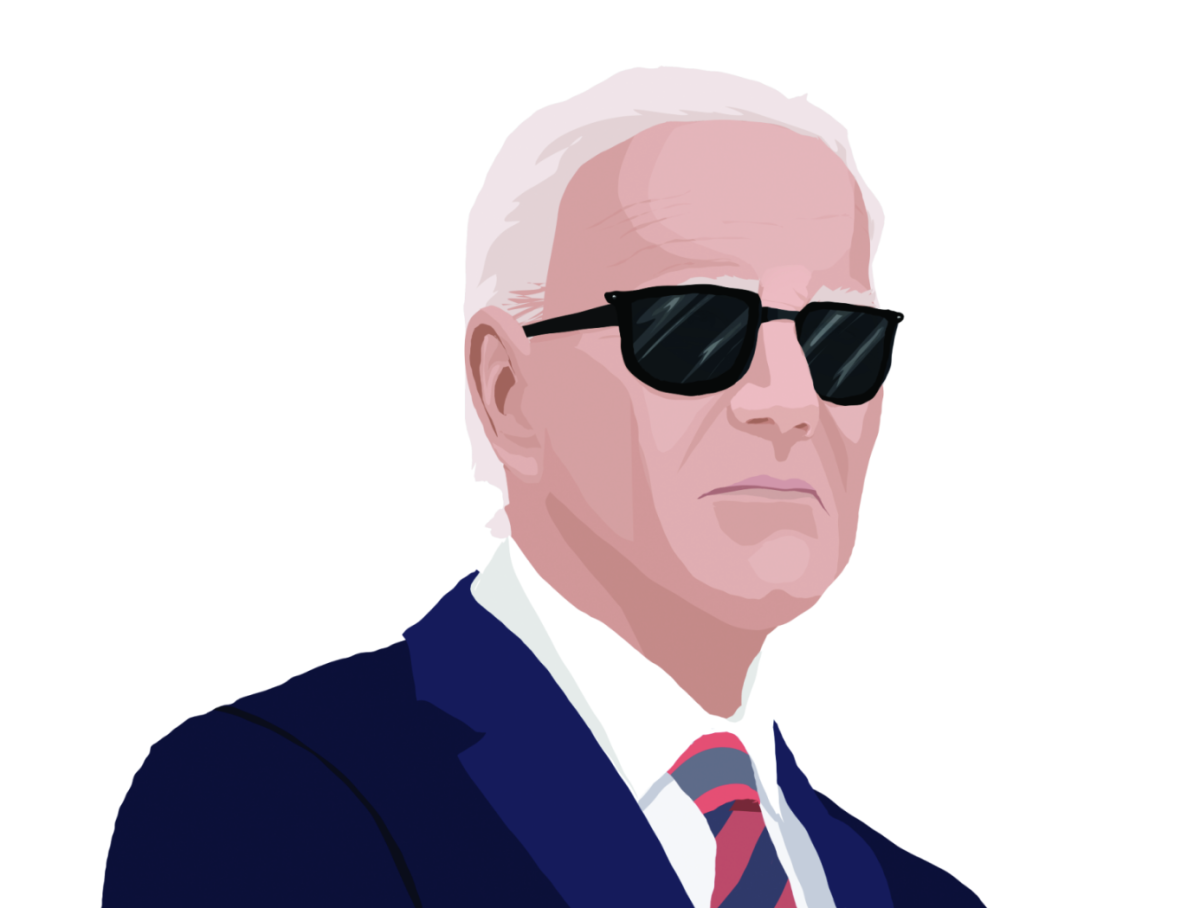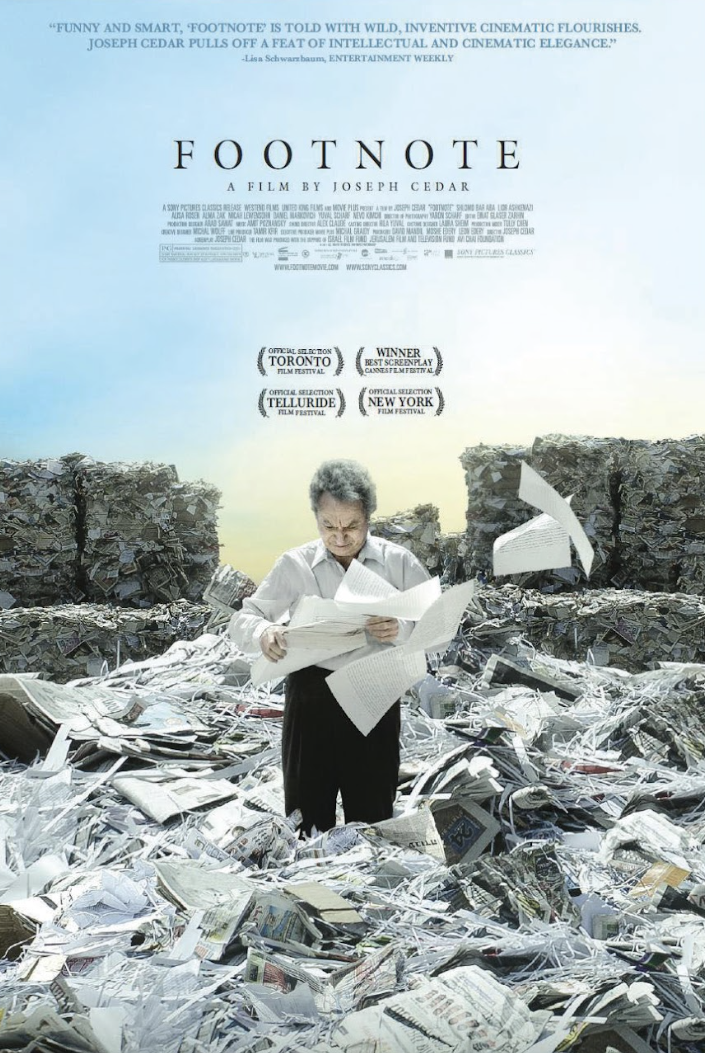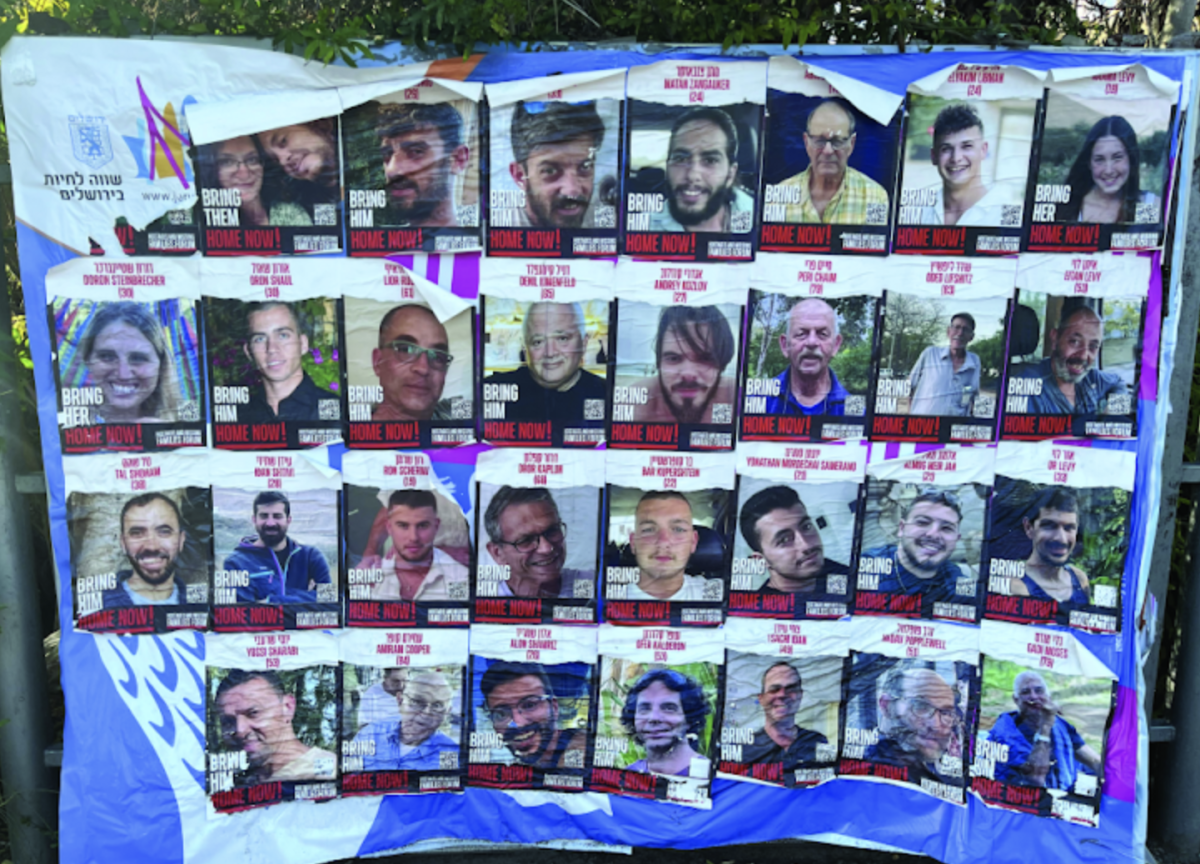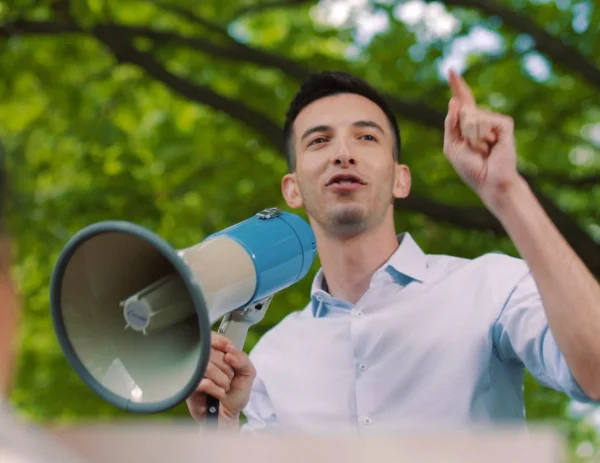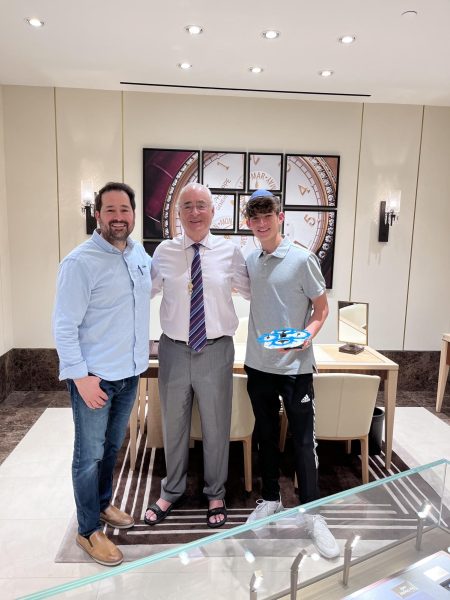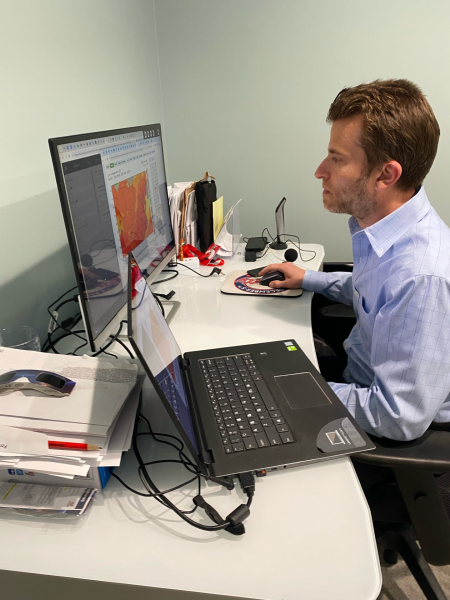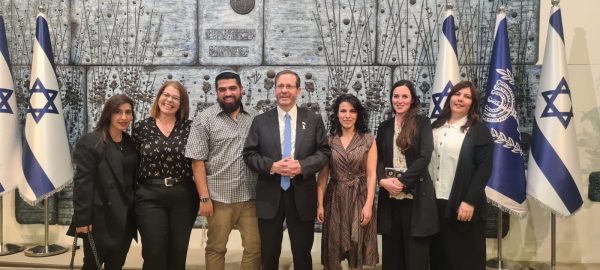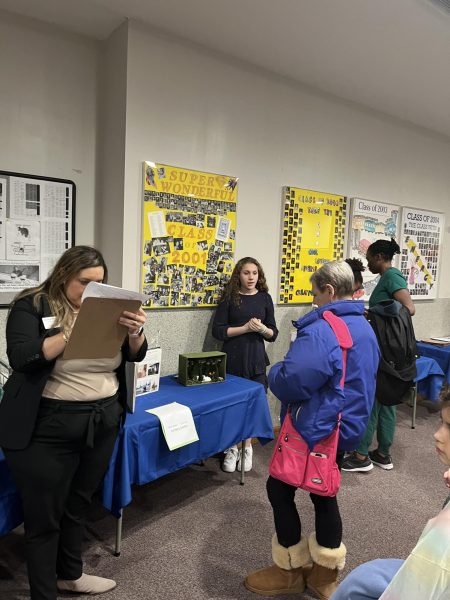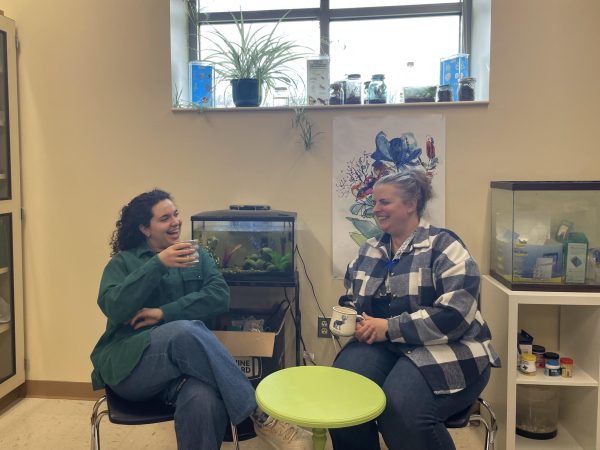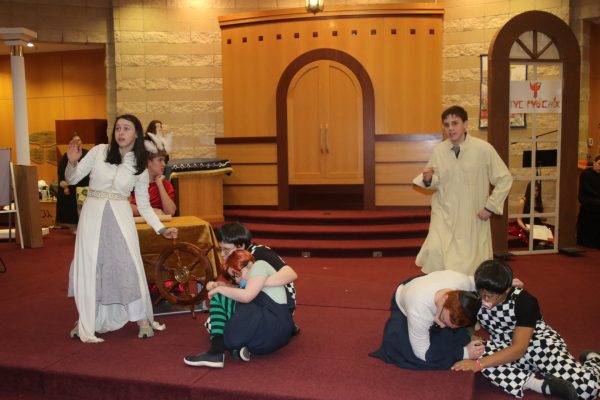New club explores biology and medicine
photo courtesy of Alec Silberg
The Biomed Club meets every other Thursday at 4 p.m. on Zoom.
April 21, 2021
As shouting, talking points and opinions are lobbed on a Thursday afternoon, a heated debate goes back and forth between student biomed enthusiasts discussing the legalization of medical marijuana.
Biomed Club was originally started in December 2020 by three co-presidents, freshmen Alec Silberg, Lilli Libowitz and Reut Skromne. Skromne was intrigued by the idea of making a club based on a subject she’s interested in.
“I’ve always liked learning about science and biology,” Skromne said. “So I thought that maybe starting a club so that I can learn more about it and then teach others stuff that I know would be interesting.”
According to Upper School Nurse and advisor of the club Heather Greenblum, the meetings are a great opportunity for those who want to pursue a career in medicine but are not in medical school.
“This is a great way to add something to your college applications to show what you’re really interested and serious about learning about medicine,” Greenblum said.
Greenblum said she thinks that some of the students who already attend Biomed club are those who are considering pre-med. This opportunity to add a medical oriented extracurricular to her college resume is part of the reason that Skromne started the club.
“I want to be an orthopedic surgeon when I am older because I’ve done a lot of projects and research on bones, and it’s really interesting to me,” Skromne said.
The club has learned about many interesting topics in their seven meetings so far, including meeting three guest speakers already. The first speaker, a urologist, was an alumnus of JDS, and the second was a neurologist and uncle of Skromne who talked about brain illnesses.
“I really liked my uncle who came and spoke about neurology,” Skromne said. “I know that it focuses on the brain and on the nerves, but I hadn’t really known specifics of what a neurologist actually does.”
Along with Skromne, freshman Todd Lazoff, who went to the neurology meeting, enjoys that the club brings in guest speakers.
“It was pretty cool to see an actual neurology professional talk about his subject,” Lazoff said.
During the first four meetings, the club has seen an average of 10 to 15 people attending each time. According to Skromne, attendance is higher for guest speakers. Most of the students who go are from ninth grade, perhaps because all three presidents are freshmen. Both Skromne and Greenblum agree that it would be beneficial for the club to get more upperclassmen.
Greenblum said she thought that it was especially hard to grow the club during the pandemic because students don’t want to add an extra half hour of Zoom to their slate of virtual meetings.
“We wish we could do more in-person things,” Skromne said.
The club has discussed performing labs, such as dissections, in the future. Greenblum even speculated that there’s a possibility of the club taking a trip to a doctor’s clinic in the future.
Many students who have not attended the club might think that the club is similar to any other science class. Skromne disagrees, saying that she thinks the topics discussed in the club are more intriguing to the students because it’s just a place to learn about interesting subjects without the stress of tests and grades. This more casual environment is why Skromne and the other co-presidents are open to suggestions about topics and ideas for future meetings.
Greenblum also sees a difference between the new club and average science classes, including an important focus on medicine.
“Learning about health and medicine is something that every single person deals with…,” Greenblum said. “It’s absolutely something that you can benefit from in real life.”


